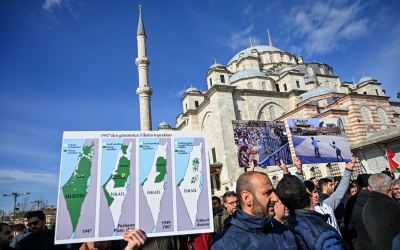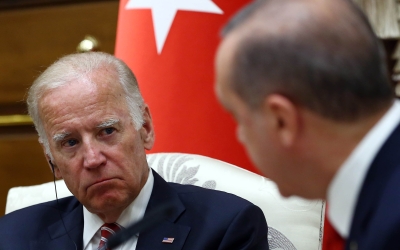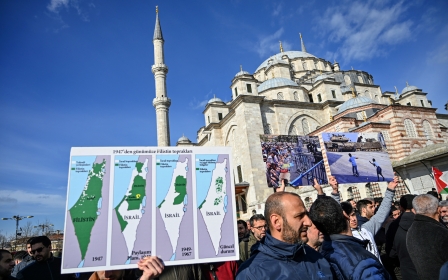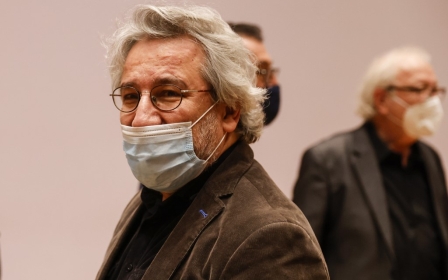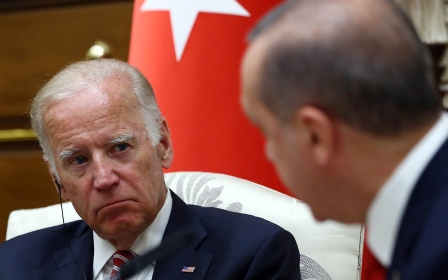Turkey's Erdogan indicates better ties with Israel possible
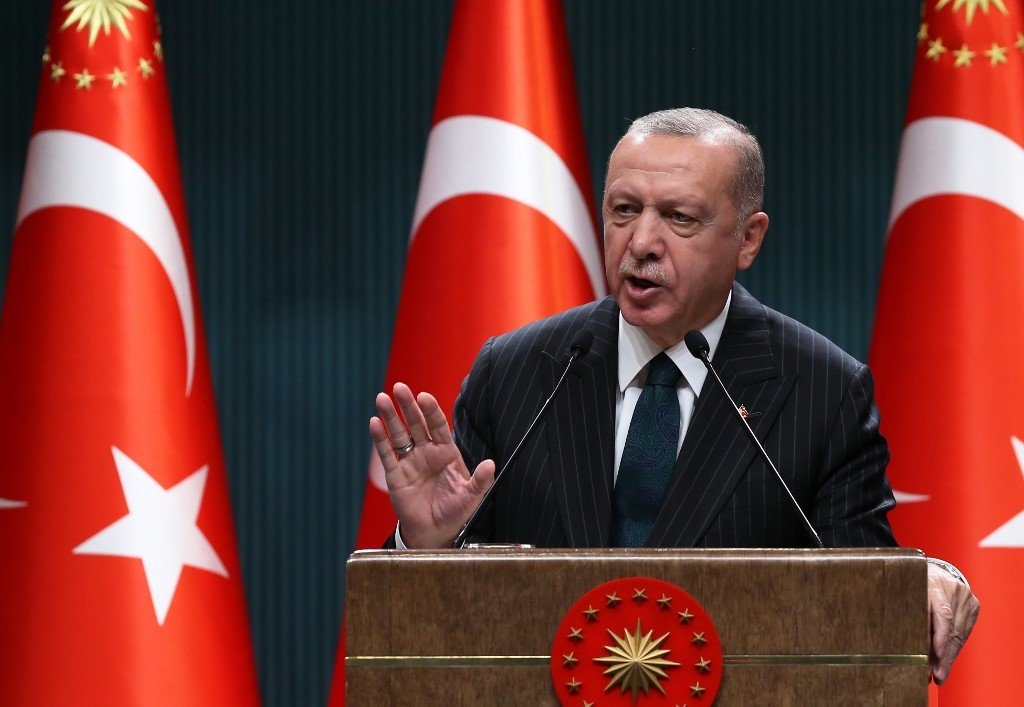
Turkish President Recep Tayyip Erdogan indicated on Friday that better ties with Israel could be possible, adding that talks at intelligence level continued between the two sides.
The two countries have had several fallings out in recent years, despite strong commercial ties, expelling ambassadors in 2018.
Ankara has repeatedly condemned Israel's occupation of the West Bank, siege of Gaza and treatment of Palestinians.
"We are having issues with people at the top level," Erdogan told reporters in Istanbul after Friday prayers.
"If there were no issues at the top level, our ties could have been very different.
"We would like to bring our ties to a better point.
"The Palestine policy is our red line. It is impossible for us to accept Israel's Palestine policies.
"Their merciless acts there are unacceptable," he said.
Deadly response
Strained ties under Erdogan's government were inflamed in 2010 when Israeli commandos stormed the Mavi Marmara, part of a flotilla seeking to breach Israel's blockade of Gaza, killing eight Turkish nationals and an American-Turkish activist, while another Turkish national later succumbed to his injuries.
In 2016, the two countries restored ties in a reconciliation deal that included them appointing ambassadors, ending sanctions between each other, and Israel agreeing to pay compensation to the victims' families.
However, the Trump administration's decision to recognise Jerusalem as Israel's capital and the deadly Israeli response to Palestinian street protests that followed led to another collapse in relations, with both sides cutting top-level diplomatic ties in May 2018 but retaining their embassies and consulates.
Earlier this month, Al-Monitor quoted "well-placed sources" as saying that Ankara was set to pick Ufuk Ulutas to lead reconciliation efforts with Israel.
Ulutas, who is not a career diplomat, currently heads the foreign ministry's research centre, having previously led a pro-government think-tank.
He studied Hebrew and Middle East politics at the Hebrew University of Jerusalem.
An Israeli official told Middle East Eye earlier this year that his country was seeking to resume full ties with Ankara and once again exchange ambassadors.
Middle East Eye delivers independent and unrivalled coverage and analysis of the Middle East, North Africa and beyond. To learn more about republishing this content and the associated fees, please fill out this form. More about MEE can be found here.


